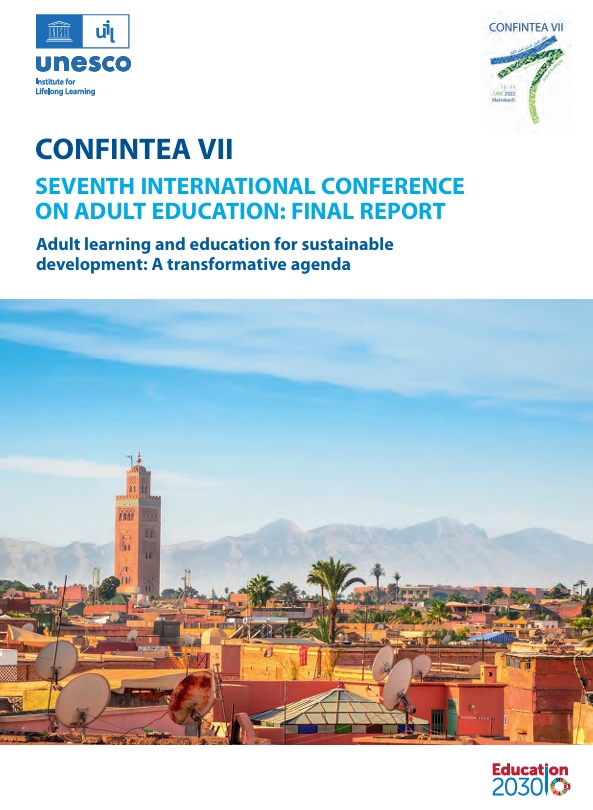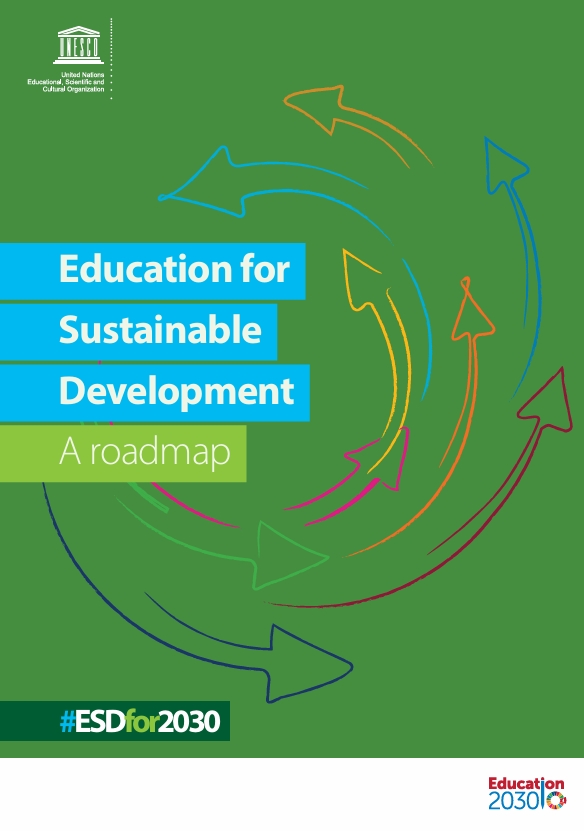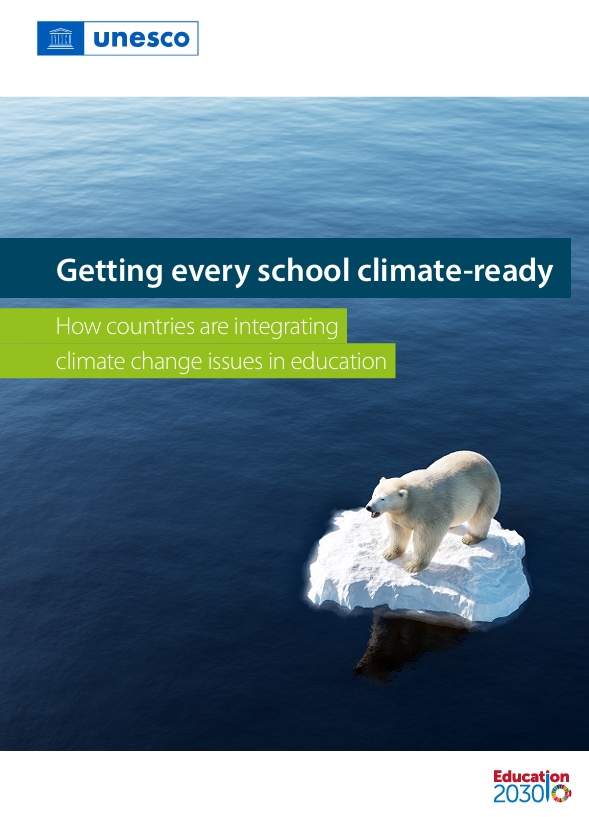The International Conference on Adult Education (CONFINTEA) is a UNESCO intergovernmental conference dedicated to policy dialogue on adult learning and education (ALE) and related research and advocacy. It has been held every 12 to 13 years since 1949. The first conference took place in 1949 in Elsinore (Denmark), followed by Montreal (Canada) in 1960; Tokyo (Japan) in 1972; Paris (France) in 1985; Hamburg (Germany) in 1997; and Belém (Brazil) in 2009.
In 2009, CONFINTEA VI led to the adoption of the Belém Framework for Action (BFA), which recognized the critical role of lifelong learning in addressing global educational issues and challenges and called for more ambitious and inclusive policies. Participating countries committed to progress in five key areas of adult learning and education: policy, governance, financing, participation, inclusion and equity, and quality.
The Seventh International Conference on Adult Education (CONFINTEA VII) was convened by the Director-General of UNESCO, following Resolution 7, adopted by UNESCO’s General Conference at its 41st session, and 212 EX/Decision 42 of the Executive Board of UNESCO.
Under the High Patronage of His Majesty King Mohammed VI, CONFINTEA VII, themed “Adult Learning and Education for Sustainable Development: A Transformative Agenda,” was held in Marrakech, Kingdom of Morocco, from 15 to 17 June 2022. Due to the ongoing COVID-19 pandemic, the conference was held as a hybrid event, including both in-person and online participation. It was organized on behalf of UNESCO by the UNESCO Institute for Lifelong Learning (UIL) in partnership with the Ministry of National Education, Preschool and Sports of the Kingdom of Morocco, UNESCO Headquarters, and the Agence Nationale de Lutte Contre l’Analphabétisme (ANLCA).
A total of 1,126 participants from 149 countries attended, including one head of state, 49 ministers and deputy ministers, ambassadors and permanent UNESCO delegates, representatives of UN agencies, intergovernmental organizations, civil society, as well as youth organizations and the private sector. Just over half (54 percent) of the participants were women.
The objectives of CONFINTEA VII were to:
Bring together the international community and advance the right to education;
Take stock of achievements in ALE;
Discuss challenges and recommend solutions;
Develop a new framework for action – the Marrakech Framework for Action – to make ALE a reality around the world.
Since CONFINTEA VI (2009), the world has experienced many changes. Some have been positive (e.g., technological advancement), while others have posed challenges, such as the COVID-19 pandemic, wars, threats to democracy, and climatic and environmental issues. In response to UNESCO’s call for a new social contract for education and in light of the 2030 Agenda for Sustainable Development, participants at CONFINTEA VII discussed how to use the transformative power of ALE to promote sustainable development amidst current challenges and opportunities.
The conference concluded with the adoption of the Marrakech Framework for Action (MFA), “Harnessing the Transformational Power of Adult Learning and Education,” which serves as a commitment by Member States and a roadmap for the advancement of ALE over the next 12 years – to 2030 and beyond. The MFA recognizes ALE as a fundamental human right within the framework of lifelong learning, an important promoter of inclusion, and a precondition for social and ecological justice, health and well-being, societal change, and transformation.






